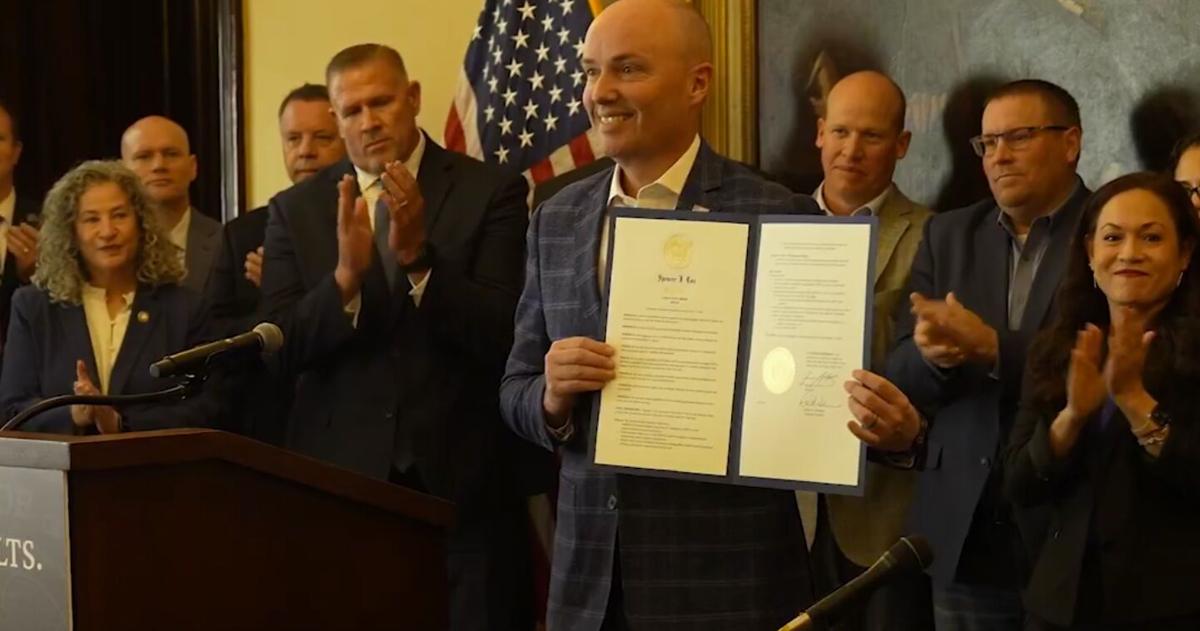SALT LAKE CITY – Mirroring recent developments at federal level, Utah has launched a new statewide initiative to improvement efficiency and deliver better results for the people of the Beehive State.
Dubbed GRIT – for Government Reform, Innovation & Transparency – the new program was announced by Gov. Spencer Cox on May 9 as he signed an executive order calling on every state agency to evaluate how government works and how it can be made to work better.
“Utahns deserve a government that listens, adapts and delivers …” according to Cox. “GRIT is about building a culture where every employee is empowered to solve problems and every taxpayer sees the results.”
Cox’s executive order empowers cabinet members and state employees to identify inefficiencies and fix them, while giving Utah’s citizens more opportunities than ever to share feedback on their interactions with government.
Specifically, the GRIT initiative calls on all state agencies to submit at least one improvement project idea to the Governor’s Office of Planning and Budget (GOPB) by July 1.
Those agencies are also required to launch at least one internal improvement project; participate in a statewide learning network called Efficiency and Process Improvement Collaborative (EPIC); and actively use public feedback gathered through the state’s Customer Experience Initiative.
State agencies are also required to report measurable results related to cost savings, time savings and improved service delivery.
The governor’s announcement of the GRIT initiative comes at a time when the efficiency of Utah’s government and planning efforts have also drawn praise from outside observers.
For example, Utah was recently named as the Best State in the Nation by U.S. News & World Report for the third consecutive year, based on its fiscal stability, strong budgeting efforts, long-term planning, exceptional services and overall quality of life.
But Cox expects all state employees to join him in the effort to provide even greater transparency, innovation and problem-solving.
“We’re not here to maintain the status quo,” he argues. “We’re here to make things better.”
Utah didn’t become the best-run state by accident — and we’re not leaving the future to chance.
With GRIT: Government Reform, Innovation & Transparency, we’re empowering public employees to lead change, solve problems, and deliver smarter service at every level of government.… pic.twitter.com/aRMpQ9VnoF
— Governor Cox (@GovCox) May 9, 2025

